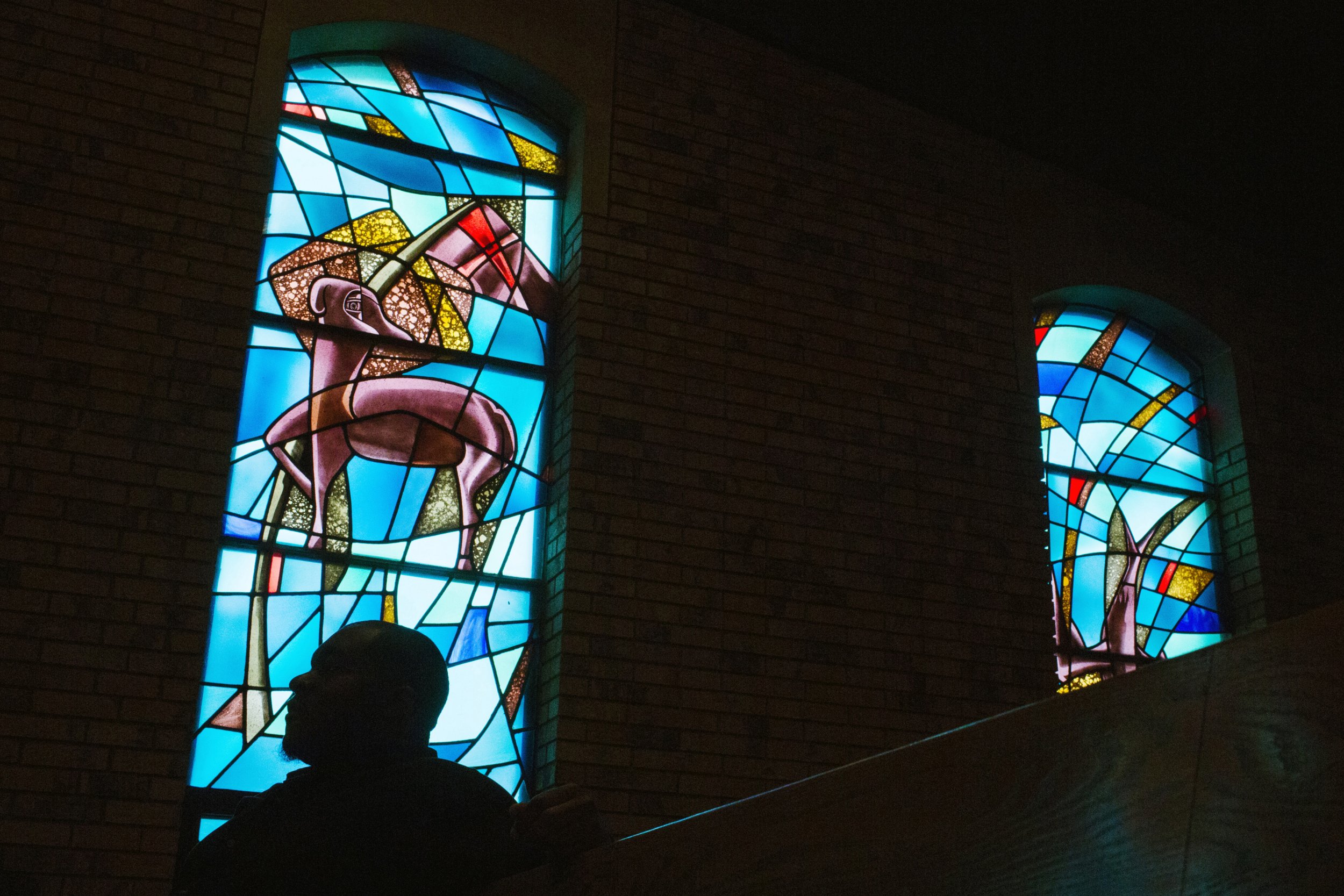
The Equal Employment Opportunity Commission (EEOC) is responsible for enforcing federal laws against employment discrimination. Along with enforcing these laws — most notably, Title VII of the Civil Rights Act, which outlaws discrimination on the basis of race, color, religion, sex or national origin — the EEOC tells employers how not to discriminate.
For example, the EEOC's Best Practices for Eradicating Religious Discrimination in the Workplace instructs that an employer should "avoid assumptions or stereotypes about what constitutes a religious belief" and that managers "should be trained not to engage in stereotyping based on religious dress and grooming practices."
It's passing strange, then, that the government is now arguing before the Supreme Court not only that employers can do these things, but that they must, or face liability under Title VII, in the context of reasonable accommodations that companies have to make for religious practice. Discerning when such accommodations are necessary can be difficult, because people practice religion differently — and often in their own personal, non-obvious way.
Title VII has thus traditionally been understood to leave it to the employee to determine when a company policy conflicts with his or her religious practice and then to request an accommodation. This interpretation leaves employers free to pursue neutral policies up to the point that they have actual knowledge of such a conflict.
In the last several years, however, the EEOC has apparently taken the position that employers must pry into their employees' religious practices whenever they have an inkling of suspicion that an accommodation may be needed.
Abercrombie & Fitch is one company that has found out just how impossible a situation this puts employers into. When Abercrombie decided not to hire Samantha Elauf as a sales associate based on her violation of the company's "Look Policy" — a branding guide that, among other things, prohibits the wearing of clothing generally not sold by the store, like Elauf's black headscarf — the company found itself on the wrong end of a government lawsuit.
A federal district court ruled for the EEOC, even though Elauf never informed them that she would need a religious accommodation. The U.S. Court of Appeals for the Tenth Circuit reversed, holding that an employer must actually know about a religious practice before it can be held liable for discriminating on that basis. The Supreme Court took the case at the EEOC's request and the Cato Institute has now filed a brief in support of Abercrombie.
We argue that employers must have actual knowledge of the potential need for a religious accommodation before they can be held liable for violating Title VII because the EEOC hasn't offered any coherent alternative and because employers already know how to use this tried-and-true actual-knowledge standard.
In addition, the burden of identifying the need for accommodations has to be on the employees because, after all, it's their religion, and thus they are in a significantly better position to identify conflicts than employers — who aren't mind-readers and shouldn't have to rely on crude stereotypes or pry into employees' personal lives.
An opposite rule would create an awkward and uncomfortable scenario all-around. The EEOC's position is short-sighted; if the agency somehow prevails, it will have done what federal agencies do best: turn minimal burdens for some people into heavy burdens for everyone.
The Supreme Court will hear argument in EEOC v. Abercrombie & Fitch Stores, Inc. on February 25.
Ilya Shapiro is a senior fellow in constitutional studies at the Cato Institute and editor-in-chief of the Cato Supreme Court Review. Julio Colomba is a legal associate at the Cato Institute. This article first appeared on the Cato Institute website.
Uncommon Knowledge
Newsweek is committed to challenging conventional wisdom and finding connections in the search for common ground.
Newsweek is committed to challenging conventional wisdom and finding connections in the search for common ground.
About the writer
To read how Newsweek uses AI as a newsroom tool, Click here.








